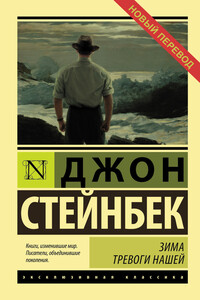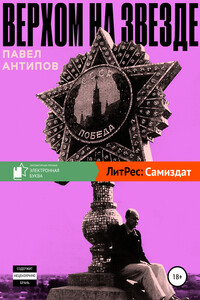Once there was a war | страница 57
His handling of women and girls is neither wolfish nor subtle. It consists in his being genuinely interested in them. He speaks to them with a kind of affectionate courtesy. Is a stickler for decorum of all kinds. He addresses all women, whether he knows them or not, as “dear” and he manages to make it convincing, probably because it is true. The result is that the women always want to see him again and, if the war lasts long enough, this wish will be granted in time. Mulligan is perfectly honest. If he should give the colonel’s cigarettes to the girl, a whole package of them, he explains this fact to the colonel and agrees to replace them as soon as he gets back to London. The colonel invariably refuses to consider such a thing, as being ungallant on his part. Of course the girl should have his cigarettes. He puts the girl at her ease, a place she has never left. Goggles at her, puffs out his chest and drives away. Big Train knows where she lives and who lives with her and he has already calculated what he will be likely to have for dinner when he calls on her.
About the English the Big Train has terse and simple ideas. “I get on all right with the ones I like and I don’t have nothing to do with the ones I don’t like. It was just the same at home,” he says. It is probable that he has more good effect on Anglo-American relations than two hundred government propagandists striving to find the fundamental differences between the nations. Big Train is not aware of many differences except in accent and liquor. He likes the ones he likes and he refuses to like for any reason whatever a man he wouldn’t like at home.
His speech is picturesque. He refers to a toothy, smiling girl as looking like a jackass eating bumblebees. He refuses to worry about the war. “When they want me to do that let them pin stars on my shoulders,” he says. “That’s what we got generals for.” Big Train Mulligan, after two years in the Army and one year overseas, is probably one of the most relaxed and most successful privates the war has seen. When they want him to take up his rifle and fight he is quite willing to do so, but until someone suggests it, he is not going to worry about it. There are good little dinners waiting for him in nice little cottages all over England. And so long as the colonel’s cigarettes hold out the Big Train will not leave his hostess empty-handed.
BOB HOPE
LONDON, July 26, 1943






